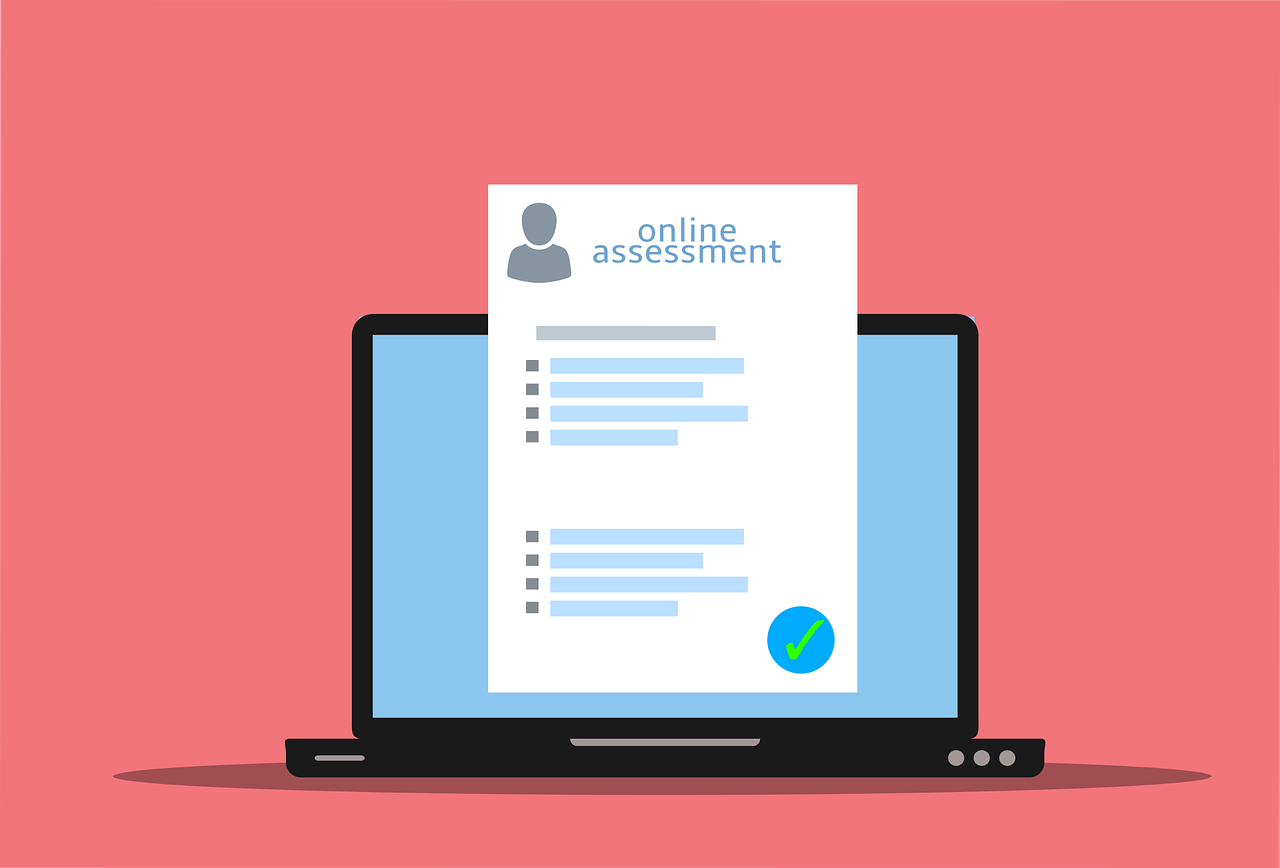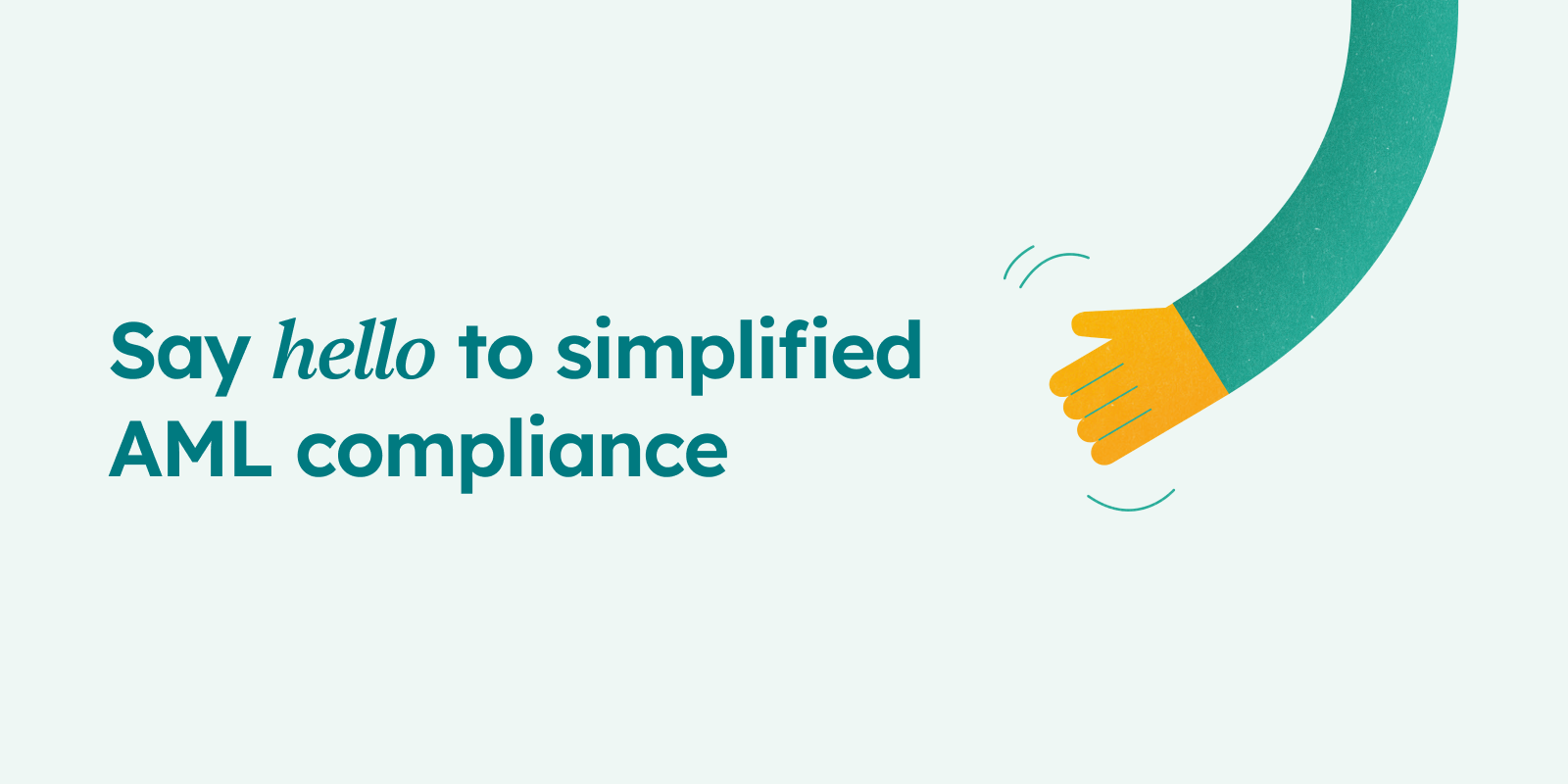1 min read
Creditro takes over KYC from Penneo
As part of Visma’s ambition to build world-class digital solutions, a strategic decision has been made to sharpen the focus of its portfolio...

Nothing is worse than entering into a new agreement with a customer, only to discover that the customer cannot pay their invoice. And even worse if you and your company are far down the list of creditors.
When you enter e new partnership with a client, there are several aspects that you show be aware of. In this article, we are giving you nine tips for how you can perform a more thorough credit assessment, so you won't get caught out.
First and foremost, you can achieve great insight into your client's finances by looking into their accounts and key figures. This can give you a clear indicator on whether or not that finances are stable or not. But if you want to take further precautions before entering a new agreement, you can look into the nine points.
Regarding credit and financial security, reservations must be made, regardless of whether your potential customer is a large, well-established company or a small entrepreneur.
You have to be careful with the small entrepreneurs or start-up companies, as according to statistics, they often turn the key after just the first year.
However, the most significant losses occur when trading with large, financially heavy companies. Approx. 80% of all failures are actually from large companies.
Various analyses and calculations show that many companies that wait to submit their accounts until the last minute deliver worse results than those in good time. So, if you have to get a new collaboration up and running with a new customer in the first months of the year, and the customer is slow to submit their accounts, make some reservations in granting credit.
Looking for an auditor's note on your customers' accounts is always a good idea. A company in accounting classes A and B are typically personally owned or a small company. These small businesses are not required to use an accountant to review their accounts. In the worst case, this can mean that there are errors in the reports and that the result is therefore not fair.
It is always good to do a background check on the people you deal with - and especially if it is with small businesses. In this way, you ensure the best conditions for you and your company, and you usually do not end up doing business with a so-called bankruptcy rider.
Using Creditro Comply or Creditro Assess, you can easily do a KYC or initial screening of your potential customers and calculate the risk of doing business with them.
Another approach to spotting worse payers is to check up on the potential customer's network. If the network consists of many bankrupts or other companies that are financially weak, they can provide an indicator of the customer's way of doing business.
At first glance, you might be able to enter into a cooperation agreement with a company that seems to have everything under control. Especially the economy. But if the parent company has roots in the papers, it can be a lousy collaboration in the long term.
A good starting point is to have control of the latest knowledge about the potential customer you want to work with. For example, when you look at the accounts and key figures, it only shows a snapshot of how things are going for the company. It is, therefore, suitable to cross-check what is said about the potential customer online and in the media.
If your future business partner or potential customer has tied up value in buildings, e.g., even owning the premises in which they have offices or production is usually a good indicator of financial stability in the company.
By monitoring the companies necessary to you, you can be notified if they get new addresses, come up with a new account, or change status and suddenly go bankrupt. In this way, you avoid, to a much greater extent, spending time and resources on companies that are about to close.

1 min read
As part of Visma’s ambition to build world-class digital solutions, a strategic decision has been made to sharpen the focus of its portfolio...

3 min read
When you are subject to AML regulations, there are several tasks you need to complete annually. An annual compliance plan can help you stay on top of...

3 min read
AML compliance can be a hassle, but we don’t think it has to be that way. That’s why we’re proud to finally introduce our new brand, which reflects...